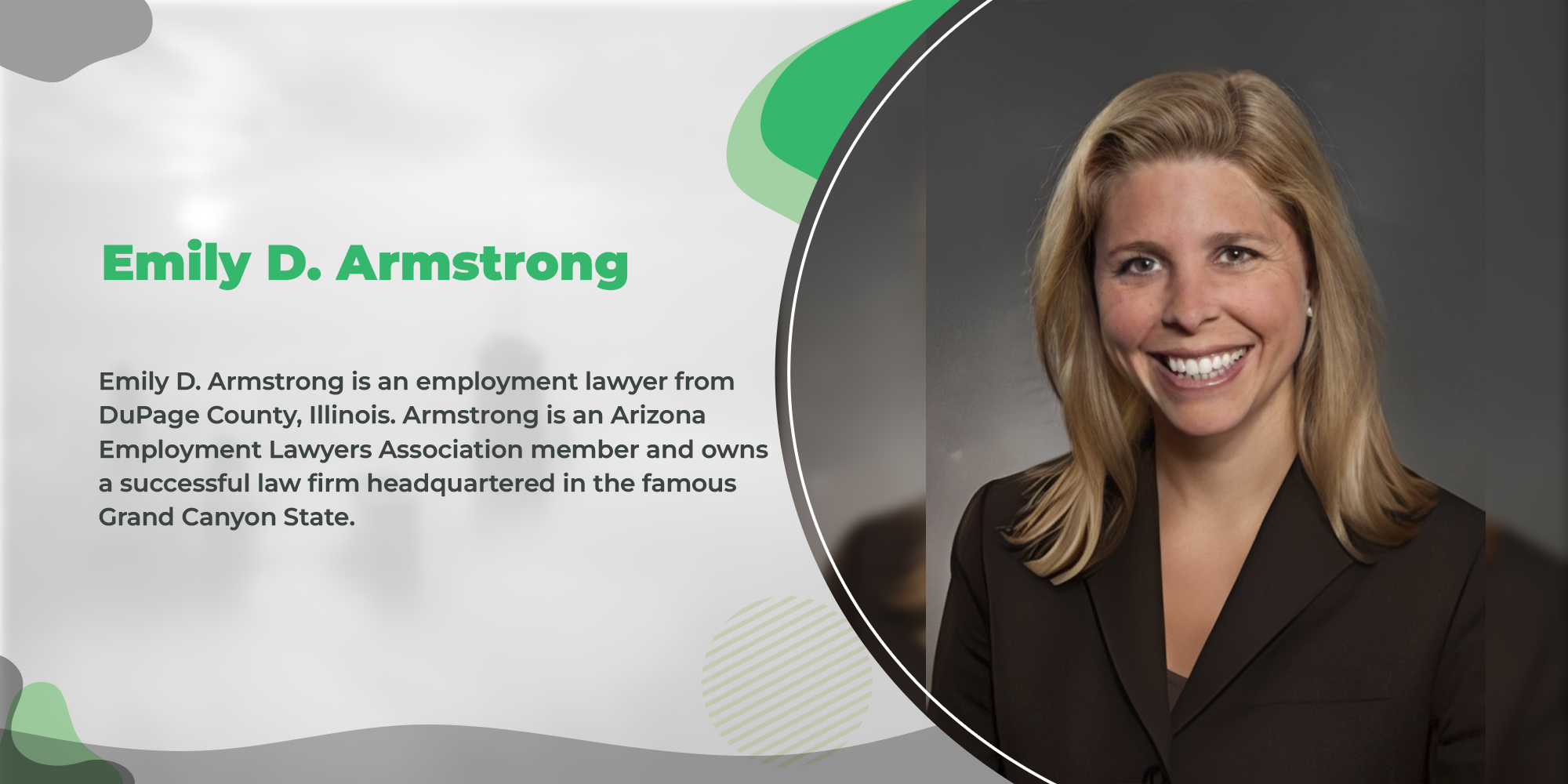
In today’s digital age, where technology permeates every aspect of our lives, the issue of employee privacy has become increasingly complex and contentious. Balancing employees’ rights with employers’ needs and interests is a delicate task, and understanding the legal landscape is essential for both parties involved. This article will delve into the intricacies of employee privacy rights, offering legal insights and expert advice from seasoned employment lawyers.
Understanding Employee Privacy Rights
Before we explore the legal aspects of employee privacy, it’s crucial to understand what constitutes employee privacy rights. Employee privacy rights refer to the boundaries that protect employees from unwarranted intrusion into their personal lives, both within and outside the workplace. These rights can encompass a variety of areas, including:
Email and Communication Privacy: Employees can expect their email communications to remain private unless the employer’s policies explicitly state otherwise. Employers must arbitrarily access their employees’ emails with a valid reason.
Social Media Privacy: Employees can maintain their privacy on social media platforms. Employers cannot demand access to their social media accounts or take adverse action based on individual social media posts unless there is a legitimate business-related reason.
Monitoring and Surveillance: Employers may use monitoring and surveillance systems in the workplace but must notify employees of such practices. Monitoring should be conducted for legitimate business purposes, and employees should not be subject to constant surveillance.
Medical and Health Information: Employers are generally prohibited from accessing employees’ medical or health information without their consent. Specific laws, such as the Health Insurance Portability and Accountability Act (HIPAA), strictly regulate the handling of medical information.
Background Checks: Employers may conduct background checks, but they must comply with federal and state laws, such as the Fair Credit Reporting Act (FCRA), which requires informed consent and proper notification.
Drug and Alcohol Testing: Employers may require drug and alcohol testing under specific circumstances but must follow state and federal laws governing such tests.
Personal Beliefs and Activities: Employers should not discriminate against employees based on their personal beliefs, political activities, or lawful off-duty conduct as long as it does not interfere with their job performance.
Legal Framework for Employee Privacy Rights
The legal framework surrounding employee privacy rights varies from country to country and state to state. For example, no comprehensive federal law governs employee privacy rights in the United States. Instead, federal and state laws, individual employment contracts, and company policies often determine these rights.
One essential federal law that protects employee privacy rights in the U.S. is the Electronic Communications Privacy Act (ECPA). The ECPA prohibits unauthorized interception of electronic communications, such as emails, and provides a baseline level of protection for employee privacy. However, interpreting the ECPA in the workplace can be subject to legal disputes.
State laws also play a significant role in defining employee privacy rights. California, for instance, has some of the country’s strictest laws protecting employee privacy. The California Constitution provides a right to privacy that extends to the workplace, and state laws restrict employer surveillance and access to personal information.
Employment contracts and company policies can further shape the landscape of employee privacy rights. Employers can include specific provisions in employment contracts or create policies that govern employee privacy expectations. These documents can be legally binding and can grant or limit certain rights.
Expert Advice from Employment Lawyers
Given employee privacy rights’ complex and ever-evolving nature, employers and employees must seek expert advice from employment lawyers. Here are some insights and recommendations from experienced employment attorneys:
Review and Update Policies: Employers should regularly review and update their company policies to comply with current laws and regulations. This includes policies related to email and communication, social media, monitoring, and surveillance.
Obtain Informed Consent: When conducting background checks or drug and alcohol testing, employers should obtain informed consent from employees and clearly explain the purpose and scope of these tests.
Educate Employees: Employers should educate their employees about their rights and responsibilities regarding privacy in the workplace. This can help prevent misunderstandings and potential legal disputes.
Seek Legal Counsel: If employers have questions or concerns about their privacy policies or practices, they should consult with experienced employment lawyers to ensure compliance with all relevant laws and regulations.
Document Everything
Both employers and employees should maintain records of any communications or incidents related to privacy concerns. This documentation can be crucial if a legal dispute arises.
Respect Privacy Boundaries: Employees should be cautious about sharing personal information on company-owned devices or networks. On the other hand, employers should respect employees’ privacy despite unnecessary intrusions.
Handle Disputes Promptly: If a privacy dispute arises, it’s essential to address it promptly and professionally. Consulting with an employment lawyer can help resolve conflicts in a way that protects both the employee’s rights and the employer’s interests.
Employee privacy rights are a complex and evolving area of employment law that employers and employees must carefully consider. Understanding these rights and responsibilities is crucial for maintaining a fair and respectful workplace environment.
Legal experts recommend proactive measures such as reviewing and updating company policies, obtaining informed consent, and seeking legal counsel when necessary. By following best practices and respecting privacy boundaries, employers can create a workplace that balances the organization’s needs with its employees’ rights. Ultimately, the key to success in this area lies in communication, education, and a commitment to upholding the principles of fairness and privacy in the workplace.